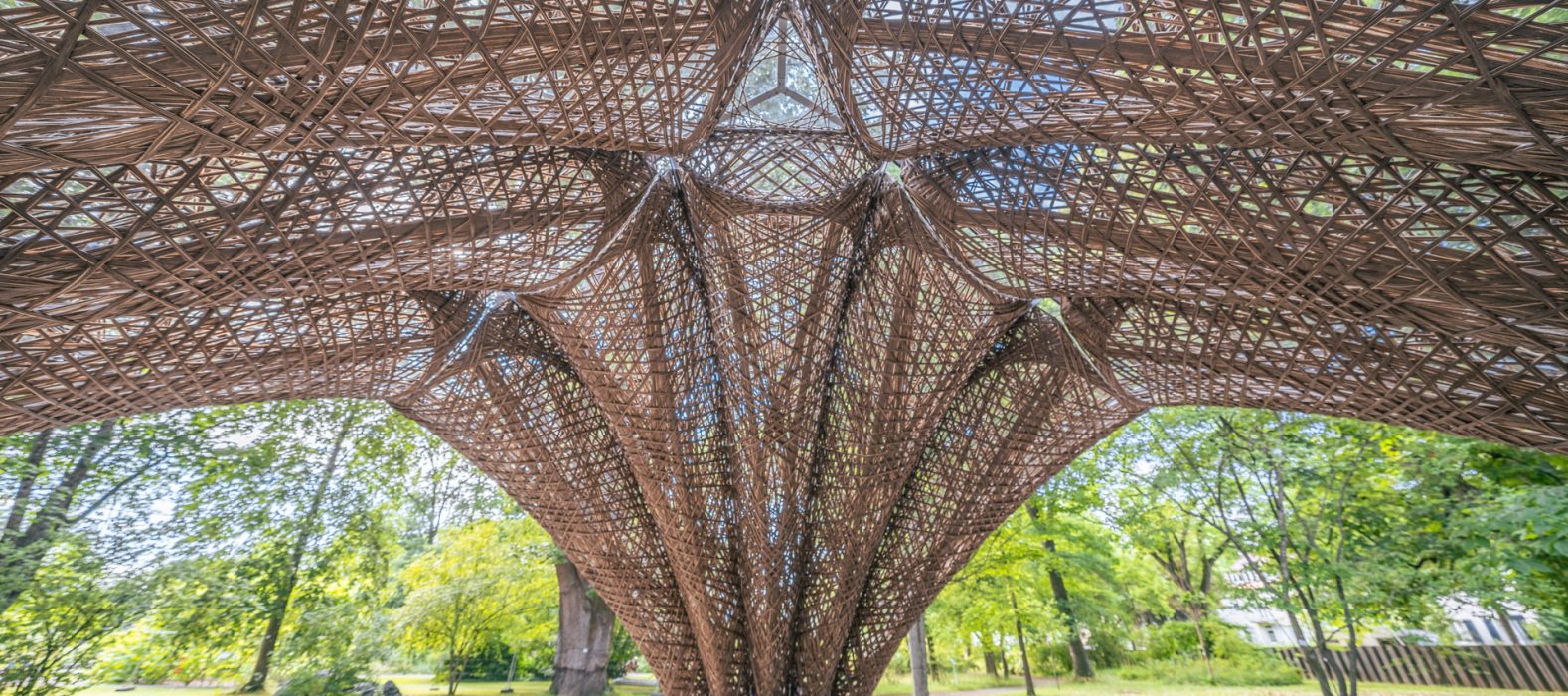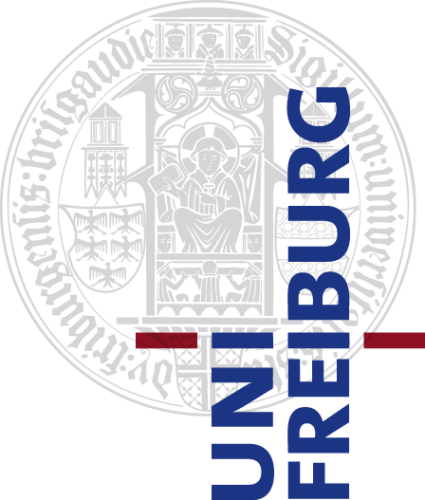
livMatS


Living, Adaptive and Energy-autonomous Materials Systems
While to-day’s materials are largely static, in that their properties (except for ageing) do not change with time, livMatS envisions materials systems that are autonomous from an external power supply and can respond to a changing environment by adapting their properties. Such systems, which are inspired by living nature, will harvest the energy they need from the environment and will show complex adaptive behavior via interactions across all length scales, i.e. from the molecular to the macroscopic level.
Although these materials systems do not contain biological cells and are not alive in a biological sense (e.g. exhibit no self-reproduction), they are “vital”, meaning autonomous, durable, adaptive, programmable, self-regulating and self-protective, so that they can function under adverse conditions and survive limited damage without encountering a sys-tem failure. We will set-up a platform for Multimaterials Additive Manufacturing for the genera-tion of such systems and generate several lines of demonstrators serving as lighthouses and help to keep the livMatS efforts focused. We will also address important challenging and over-arching questions of the societal perception and philosophical implications of materials systems with lifelike features.
To do so, we will integrate sustainability analyses, psychological research and philosophical reflection of the approaches developed. The convergence of and interaction between disciplines will be the essential driver of our approach. We will cross disciplinary and institutional boundaries and integrate biology, chemistry, soft matter science, process engineer-ing, energy materials research, physics, and microsystems engineering, as well as philosophy, ethics, behavioral science and sustainability research to achieve a holistic view on the topic of livMatS – an approach which has never been considered in such a way before. To reach these goals, the University of Freiburg has formed an alliance combining top-level research from six of its faculties with cutting-edge technology from the Freiburg Fraunhofer Institutes and the world-renowned Öko-Institut. livMats will create a new interdisciplinary platform in research and teaching enabling bioinspired multidisciplinary materials research and system integration. The pro-gress of livMatS science and technology will make breakthroughs in the sustainable develop-ment for the benefit of a future materials-reliant society by developing systems that integrate well with the human environment, serve human needs, and rely on clean energy.
Involved Institutions:
- Fraunhofer-Institut für Solare Energiesysteme (ISE)
- Fraunhofer-Institut für Werkstoffmechanik (IWM)
- Öko-Institut e.V.


